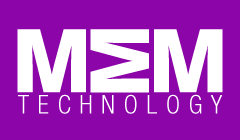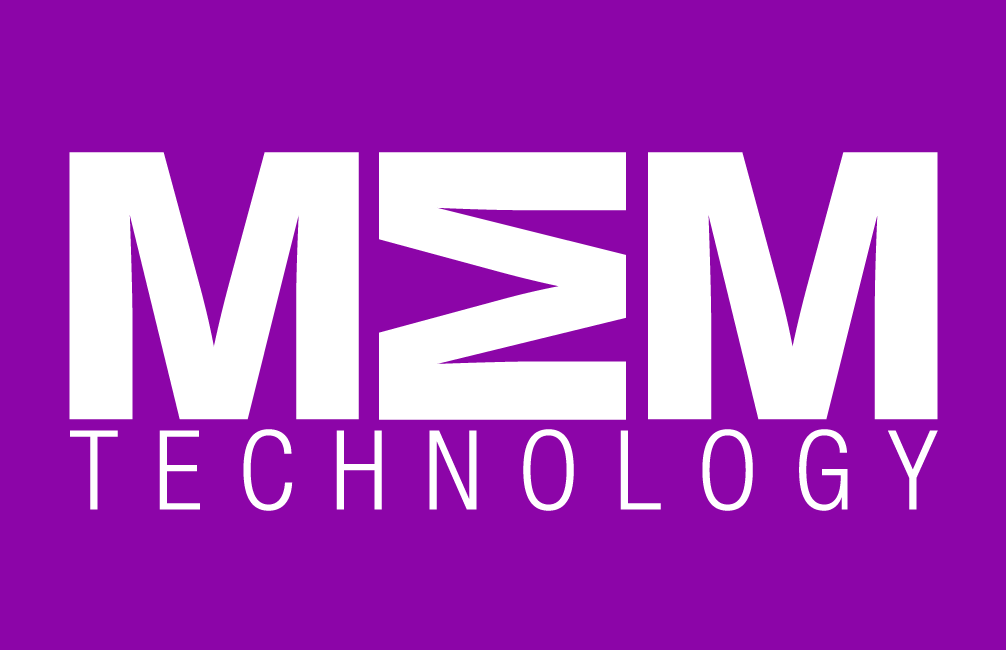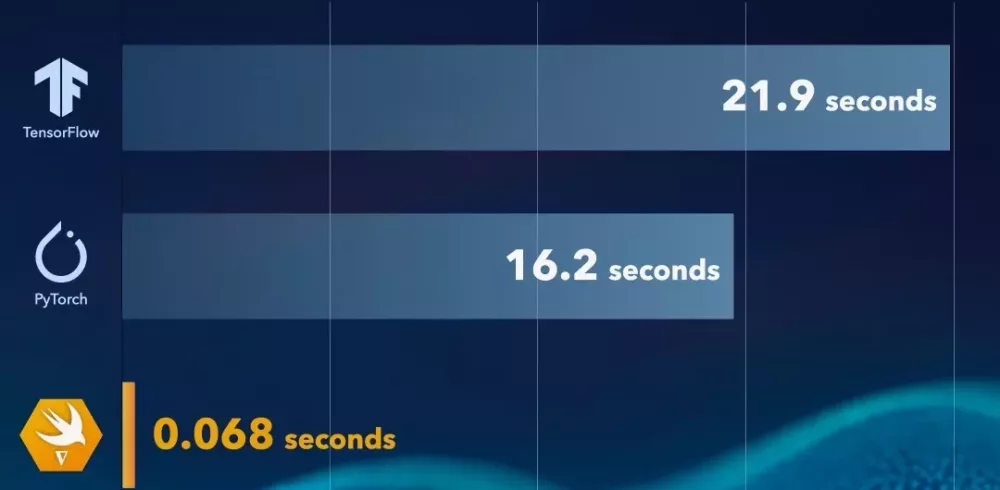PassiveLogic achieves new AI training speeds, as the company’s differentiable compiler team pushes the frontiers of machine learning and autonomous systems
PassiveLogic, creator of the first platform for generative autonomy, announced that its compiler has set what it believes to be is a record for the fastest AI training. PassiveLogic’s compiler runs hundreds of times faster than Google’s TensorFlow and Meta’s PyTorch.
In benchmark comparisons training a heterogeneous neural net, PassiveLogic’s differentiable Swift compiler outperformed leading AI frameworks, reporting speeds
- 322x faster than TensorFlow
- 238x faster than PyTorch
for equivalent models that run on the same host processor.
Collaborating with Apple, PassiveLogic selected the Swift language to advance differentiable computing, focusing on AI performance in edge and industrial applications. This speed milestone highlights the work of PassiveLogic’s Swift compiler team—the largest of its kind outside of Apple and the largest in the world devoted to differentiable programming. This team is focused on advancing differentiable programming and enabling generative autonomous systems.
In contrast to the AI models that exist today written in frameworks like TensorFlow or PyTorch, PassiveLogic’s framework in Swift leverages language-integrated differentiable computing that not only merges systems programming and AI, but enables a new generation of heterogeneous networks and typed interfaces that can be clicked together. This expands the limits of AI far beyond chatbots, democratizing AI and enabling full autonomy for systems.
“People are surprised when they hear a building controls company has an entire compiler team,” said CEO Troy Harvey. “But given the complexity of buildings, you need incredibly advanced AI that can handle the computational load to find a building’s most efficient control path. Our work in differentiable Swift enables the reversible computing that powers our AI to make real time control decisions at the edge.”
While PassiveLogic is leading differentiable computing in the industry, the company is committed to open source, collaborating with Apple and the community to bring these innovations to the rest of the market. PassiveLogic is focused on expanding Swift to the industrial market where its modern features can replace legacy languages like C++. As a result of its efforts, the team has isolated, identified, and reported 33 issues to the Swift language project and provided 27 patches themselves in 2023 alone. Some of these issues identified were longstanding language bugs.
“Differentiable Swift changes the game for edge-based AI and how we build applications beyond conventional deep learning,” said Harvey.
Manufacturing & Engineering Magazine | The Home of Manufacturing Industry News















